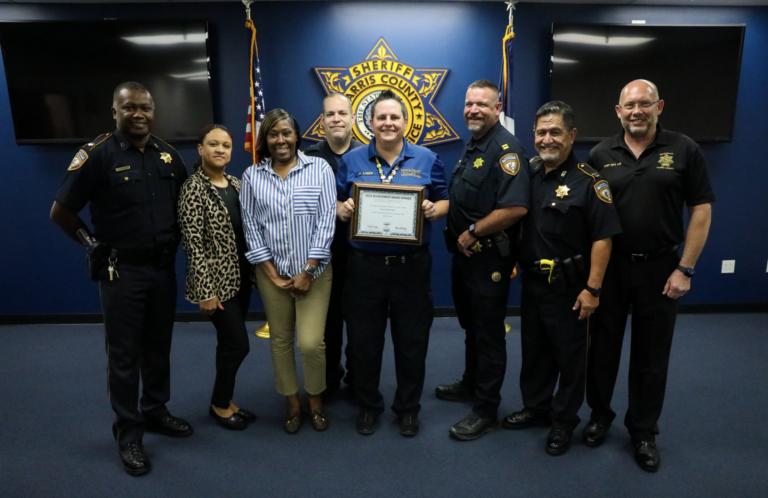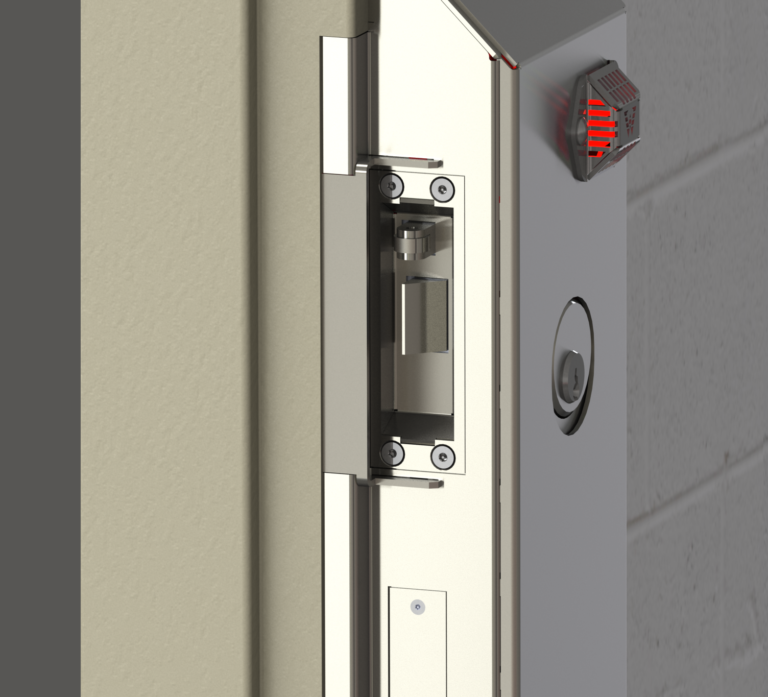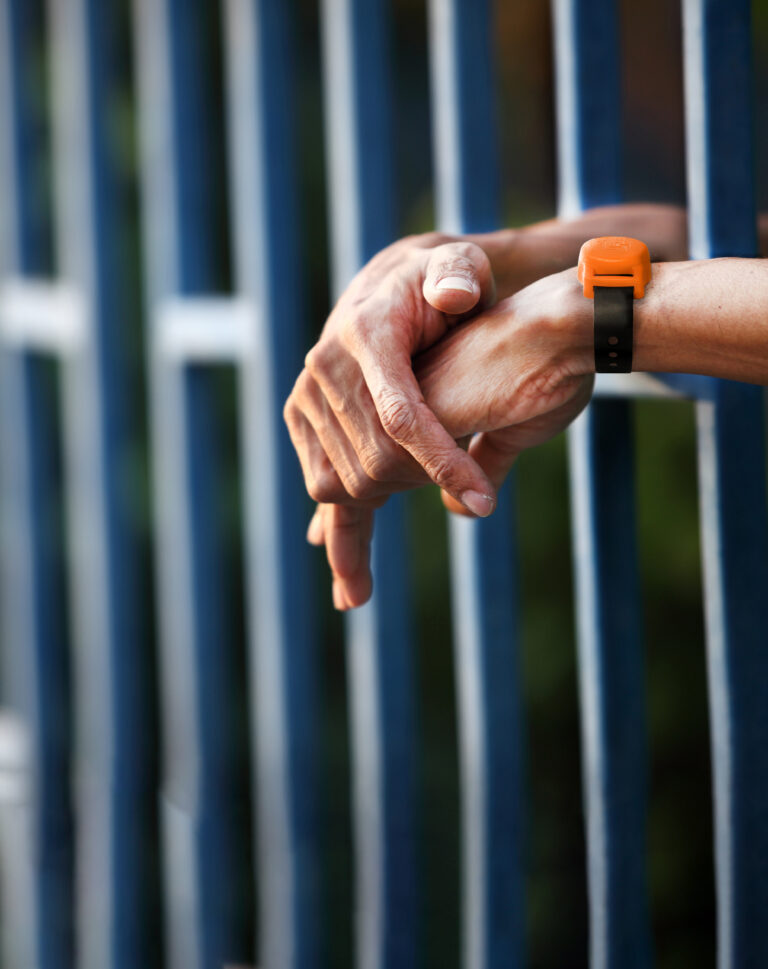Cost-Cutting Strategies
 |
Johnny Williams comes from a family of plumbing and electrical contractors. After working as an electrical contractor himself, he joined the Florida Department of Corrections in 1990, serving at the field level as a maintenance staffer. |
Correctional News: How extensively are you using inmate labor for maintenance and construction, and what is the DOC saving by doing so?
Johnny Williams: We use them extensively. Our maintenance staff, due to the personnel cuts that almost all states have been through, is at bare-bones basics at the institutions. We have one electrician, one plumber, one HVAC, one electronics technician and one general maintenance guy. And a maintenance superintendent. Those cover 1,300-man institutions with satellites, work camps or work release camps that fall under the umbrella of each institution.
With only five or six employees at a standard institution, we have to depend greatly on inmates. We supervise the inmates carefully; they aren’t sent out with a tool pouch. Each vocational instructor — that’s what we call our maintenance technicians — is assigned four or five inmates of varying skills. They take those crews onto the compound and do the work. Once we get inmates well-trained, if there’s a call-out in the middle of the night. If it’s not security sensitive, staff will get the inmate out of bed, give him some tools, and have him fix something. We don’t have to call our people in.
We do a fair amount of construction. When we build an entire compound, we don’t normally do that with inmate labor. It’s too big a job, security-wise. We will build a complete work camp with inmate labor. We put the fence up and move the inmates out there daily and build dorms or a food-service building, control rooms and maybe a program building. It’s a little slower because of the security, if they have Class-A tools, but it saves us about 40 or 50 percent. We take our vocational instructors and inmates and we build.
CN: How is the quality of inmate work?
JW: If they lay a block wall that doesn’t look right, we make them tear it down. It doesn’t take but about two rounds of that before you bring the quality up. We have to filter the inmates. You have to run some off. They’ll tell you they’re good block masons or plumbers and it’ll take you about a week to find that they’re not. We move them in and out until we get a good crew and then things run about as well as they do at any construction site.
CN: Florida uses maintenance contracts for upkeep of the generators. What are the advantages of that approach?
JW: If a generator is not completely falling to pieces, it’s hard to get money to replace it. There is no systematic replacement of old, worn equipment. It’s a budget problem; everybody has them. Our generators, statewide, had gotten to the point where they weren’t as reliable as we would have liked. They are an integral part of security.
It’s hard to maintain security if you don’t have electricity. A compound is a scary place at midnight with no lights. So we made a decision to explore contracts for routine and emergency maintenance and service on our generators. It’s fairly expensive; you get what you pay for. On the first round, we put out the bids so that when the contractors bid on it, they go through our generators one at a time and assess the condition. They then propose what it would take to bring that generator up to top condition. We make a decision whether to spend the money on the generator or move it to a lesser service.
The contractor is 100 percent responsible for that generator. The only thing excluded is fire, vandalism, flood and wind. If lighting strikes it, they fix it. Once we got through the first round and got the generators repaired, and we absorbed most of the costs, then the contractors became completely financially responsible for that piece of equipment.
They come by once a quarter and do a one hour load test, a full load, and check all the belts, gauges, and hoses for oil leaks and fuel leaks, the whole nine yards. Annually they do a four-hour load test and take readings every thirty minutes; they do an oil analysis. If one fails they have four hours to respond. If they don’t respond, we call an outside contractor and deduct the bill from the payment. On non-emergency repairs, they have 24 hours to respond. If a system totally fails, they bring in a rental unit. It’s been expensive but we are now comfortable with our equipment.
CN: How extensively are you using statewide or region-wide purchasing contracts?
JW: We do to a fairly good measure. We have a statewide contract for all paint and we get paint for an unbelievably cheap price. We don’t use little paint shops; we get bids from major manufacturers like Sherwin-Williams and Glidden. We specify the type of paints, usually military standard, and we get paint at a really good buy. We try to paint at least 25 percent of our institutions each year. That way we have a full paint every four years.
We also do all of our fence detection systems, all spare parts, on state contracts. That saves us some money. We bid the parts out every three years.
CN: The Florida DOC chose to use non-lethal electric fencing around the new facilities. What was behind that decision?
JW: Florida is the lightning capital of the world, especially down around central Florida. Because we spent a lot of money on spare parts we began to investigate alternatives. Some of the stun-fence people made a presentation to the administrators in our central office. Representatives went out to Texas and visited an institution that used a fence and were impressed.
We looked at a few installations that were in place. Everyone was pleased. Lightning had not taken them out. They’d replaced very few boards. We got them to give us a 20-year guarantee. We are currently experimenting with them. It’s a little more expensive but we feel, in the long run, it’ll save us money on spare parts.
CN: There’s been a rapid increase in the amount of electronic security systems in prisons. What kind of stress does that put on the electronics technicians’ time and workload?
JW: It’s beginning to be a problem. As I mentioned, we normally have only one electronics technician at each institution and we’ve moved to a lot more camera and electronic security systems. Once you get used to those systems, when they go down, everyone feels nervous.
Our electronics technicians are becoming some of the most important people on the compounds. We can’t use inmates on those systems, for good reason. We don’t want inmates to understand how they work. So, our electronics people are getting called out 3 times a week in some places. I’m afraid that in the future that’s going to affect our ability to hire electronics technicians. A lot of people won’t put up with being called 3 or 4 times a week and on weekends. It’s not a problem yet, but I foresee it becoming one.
CN: Can you tell us about some of the other major projects in which you are currently involved?
JW: Down in Franklin County, which is on the coast, south of Tallahassee, we have a 1,300-man facility under full construction right now. The site work was about $15 to 20 million. The construction manager was Clark Construction and the construction contract was about $47 million. The site was already prepared; it had the fences and perimeter lights up.
I’m just scratching the ground doing underground infrastructure in Santa Rosa County for an annex at Santa Rosa Correctional Institution. That will probably be a total of $60 million, site work and total construction. We hope to have that one finished by November 2005 and the one at Franklin should be done by June of 2005.
We are in the middle of engineering for another 1,300-man annex in Washington County. That’ll wind up also being in the $60 million range. Those are all in my region and right now I’ve got about $100 million worth of construction going and I look for that to increase. We’re running out of beds.
CN: What are some of the major changes you’ve noticed in maintenance and construction?
JW: We are moving more and more to secure cells. We’re building more single cells than when I first came to the department. The large majority then was open-bay dormitory style construction.
Sentencing guidelines have gotten tougher. Every inmate sentenced today does 85 percent of the sentence. That is causing higher security risk for us and I’m assuming that’s why we are moving that way (higher security). In many states, a few years ago, if a guy got a 10 or 15-year sentence, he could be out in 3 years. Now that’s not true in Florida. That increases the concern for security risks. As a result, we are building more secure facilities than we were eight or 10 years ago.
CN: What would you consider to be the most challenging aspects of your job with the Florida DOC? What are some of your biggest maintenance issues?
JW: The most challenging is probably trying to keep everything in optimum working order with a very tight budget. There are a lot of things in an institution that can’t wait until tomorrow. It’s got to be fixed right away. With limited budgets and manpower, it becomes a stressful situation from time to time. That’s the biggest challenge we have. Keeping everything running with limited resources.
CN: Would you tell us a little about the Construction and Maintenance Institute for Criminal Justice Agencies?
JW: CMI has been going about 14 years. We are calling this year’s conference the 10th annual because in the early days, there was no real organization. It was just a few guys who got together. The first two or three conferences were held by guys that guaranteed the hotel with their personal credit card. They are the ones who got this thing moving.
Since the early days we have developed a better organization and had more and more vendor participation. For the last two or three conferences we’ve had 20 or 25 states participating, which we are very proud of. Canada, the Federal Bureau of Prisons, have been there, and we’ve had Puerto Rico in a few times. Our sponsorship is increasing every year. We appreciate everything that Correctional News has done for us, too.
CN: Do you see any trends in construction and maintenance?
JW: I think the hardening of the facilities and the increase of electronics and enhanced security products and systems is a trend. It appears that the whole country is going to tougher, longer, harder sentences and that’s a challenge. It makes the places more dangerous on a daily basis.
CN: What are the most exciting elements of your job? What gives you the most pleasure on a day-to-day basis?
JW: A feeling of doing a whole lot of work with very little to do it with. I enjoy my job and I enjoy working with correctional people. They are good, honest Americans. I get a lot of pleasure working with such a great group of people. I’ve found that to be the case all over the United States, and I’ve been to many institutions.






